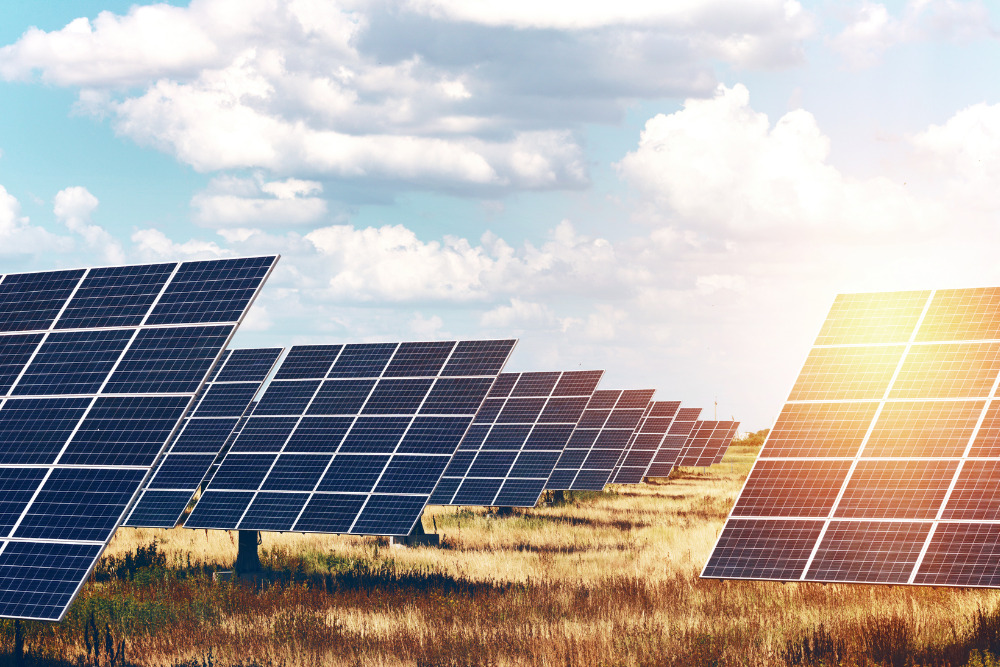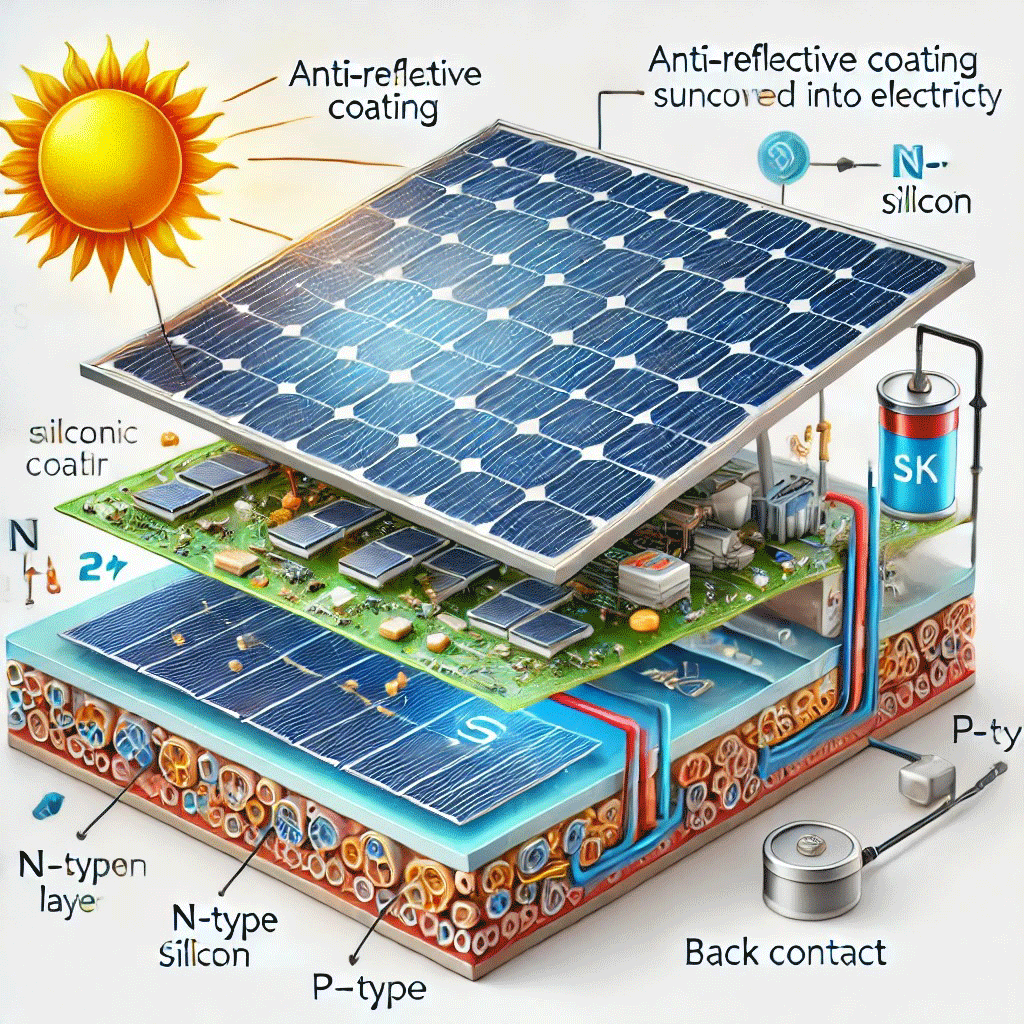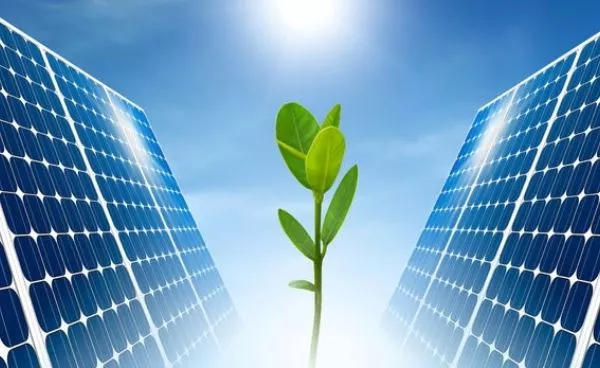The Future of Power: Just How Solar Power Is Shaping Tomorrow'S Globe
As the international power landscape develops, solar power becomes an essential pressure driving this improvement. Recent advancements in solar innovation and energy storage space are improving the performance and accessibility of solar energy, prompting a shift towards sustainable methods throughout numerous sectors. The ramifications extend beyond energy generation, influencing economic growth and ecological policy. The concern remains: just how will these innovations improve our everyday lives and societal structures in the coming years? Exploring this dynamic interplay may reveal unanticipated possibilities and difficulties that exist ahead.
The Surge of Solar Modern Technology
The rise of solar technology has noted a significant change in the worldwide energy landscape, driven by improvements in photovoltaic systems and energy storage services. As the press for lasting energy sources intensifies, solar power has become a leading competitor due to its integral benefits, including wealth, access, and very little environmental impact.
Current advancements in photovoltaic panel effectiveness, such as the development of bifacial panels and perovskite products, have actually significantly enhanced power capture and conversion rates. These improvements allow solar installments to produce more electrical energy from the same amount of sunshine, enhancing their stability as a key energy resource. Furthermore, renovations in energy storage modern technologies, such as lithium-ion batteries, have addressed the intermittency challenges connected with solar energy, making it possible for far better assimilation right into power grids and giving trusted energy also throughout non-sunny periods.
Moreover, the lowering expense of solar innovation has made it progressively easily accessible to both domestic and industrial fields - Simply Solar Illinois. Federal governments and companies worldwide are investing in solar framework, identifying its prospective to contribute to power self-reliance and carbon decrease objectives. This energy indicates that solar modern technology will continue to play an essential duty in forming the future of energy
Economic Impact of Solar Power
With the enhancing fostering of solar power, substantial economic advantages are ending up being obvious across different industries. The solar market has actually become a significant contributor to work production, with countless settings created in manufacturing, installation, and upkeep. These work frequently supply competitive earnings, promoting regional economic situations and reducing joblessness prices.
In addition, solar energy can cause reduced energy prices for customers and businesses alike. Simply Solar Illinois. By harnessing sunshine, households and ventures can reduce their reliance on fossil fuels, inevitably lowering energy costs. This cost-effectiveness is especially advantageous for low-income families, that may or else encounter power poverty
In addition to direct cost savings, solar power stimulates investments in infrastructure and technology. Federal governments and personal entities are increasingly funding solar jobs, driving development and improving power safety and security. This change not only branches out power profiles but also attracts international financial investments, reinforcing nationwide economies.

Environmental Advantages of Solar Energy
An expanding body of proof highlights the considerable environmental benefits of solar energy, placing it as a vital part in combating climate change. Solar power manufacturing considerably decreases greenhouse gas emissions contrasted to nonrenewable fuel sources. By harnessing sunlight, solar panels generate electrical energy without releasing carbon dioxide or other damaging contaminants, contributing to cleaner air and a much healthier atmosphere.


The lifecycle of solar panels also demonstrates ecological advantages; they are significantly made for recyclability, decreasing waste and promoting a round economy. By spending in solar power, neighborhoods can minimize their environmental impact while advertising sustainable techniques. Generally, the change to solar power not only addresses power requires however also plays a critical function in promoting environmental stewardship and strength against environment adjustment.
Solar Energy in Everyday Life
As solar energy innovation becomes increasingly accessible, much more houses and companies are incorporating it into their everyday operations, changing just how power is eaten. This assimilation is evident in the expanding variety of domestic photovoltaic panel installments, which make it possible for property owners to generate their own electricity, decrease energy costs, and add to ecological sustainability.
In business setups, companies are using solar power to power procedures, commonly benefiting from federal government incentives and tax obligation credit scores developed to advertise renewable resource fostering. This change not only reduces operational prices however additionally boosts corporate social obligation by minimizing carbon footprints.
Solar power is also affecting item growth, with solar-powered home appliances and devices gaining appeal. Simply Solar Illinois. Things such as solar chargers for electronic devices, outside lighting remedies, and even solar-powered vehicles are coming to be commonplace, illustrating the convenience of solar technology in day-to-day life
In addition, community solar tasks are arising, allowing people to share solar energy sources, thus making it easily accessible to those who might not have suitable conditions for installation. In general, solar power is reshaping daily energy usage habits, leading the way for a much more sustainable and energy-efficient future.
Future Fads in Solar Energy

Additionally, the combination of energy storage space solutions, such as sophisticated batteries, is readied to boost the integrity of solar energy. By saving excess power generated throughout height sunshine hours, houses and businesses can make use of solar power even when the sunlight is not beaming, efficiently reducing among the principal drawbacks of solar modern technology.
Additionally, the surge of clever grids and the Web of Things (IoT) will help with real-time power administration, enhancing energy usage and circulation. This interconnected technique will encourage individuals to check their power usage and maximize their dependence on solar energy.
Final Thought
To conclude, the transformative potential of solar energy appears in its capacity to improve power systems, drive financial development, and advertise ecological sustainability. As improvements in innovation remain to enhance efficiency and availability, solar energy stands poised to play a pivotal function in achieving a carbon-neutral future. The assimilation of smart grids and cutting-edge energy remedies will even more make sure efficient energy monitoring, solidifying solar energy's placement as a cornerstone of contemporary energy framework.